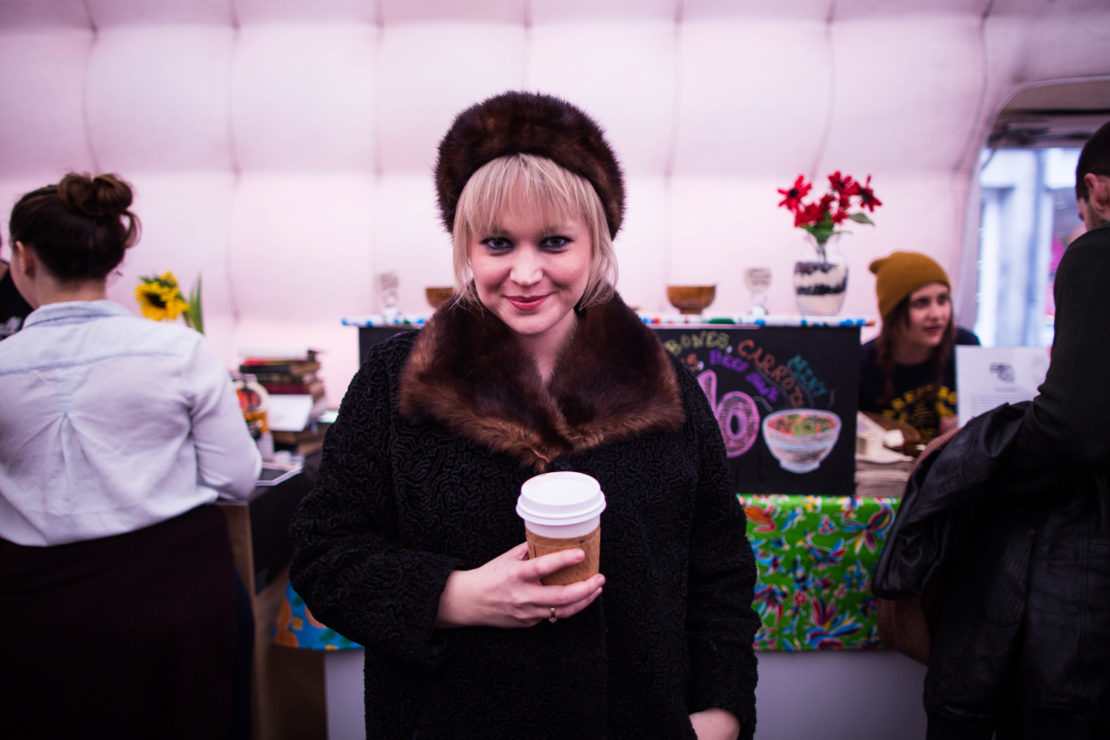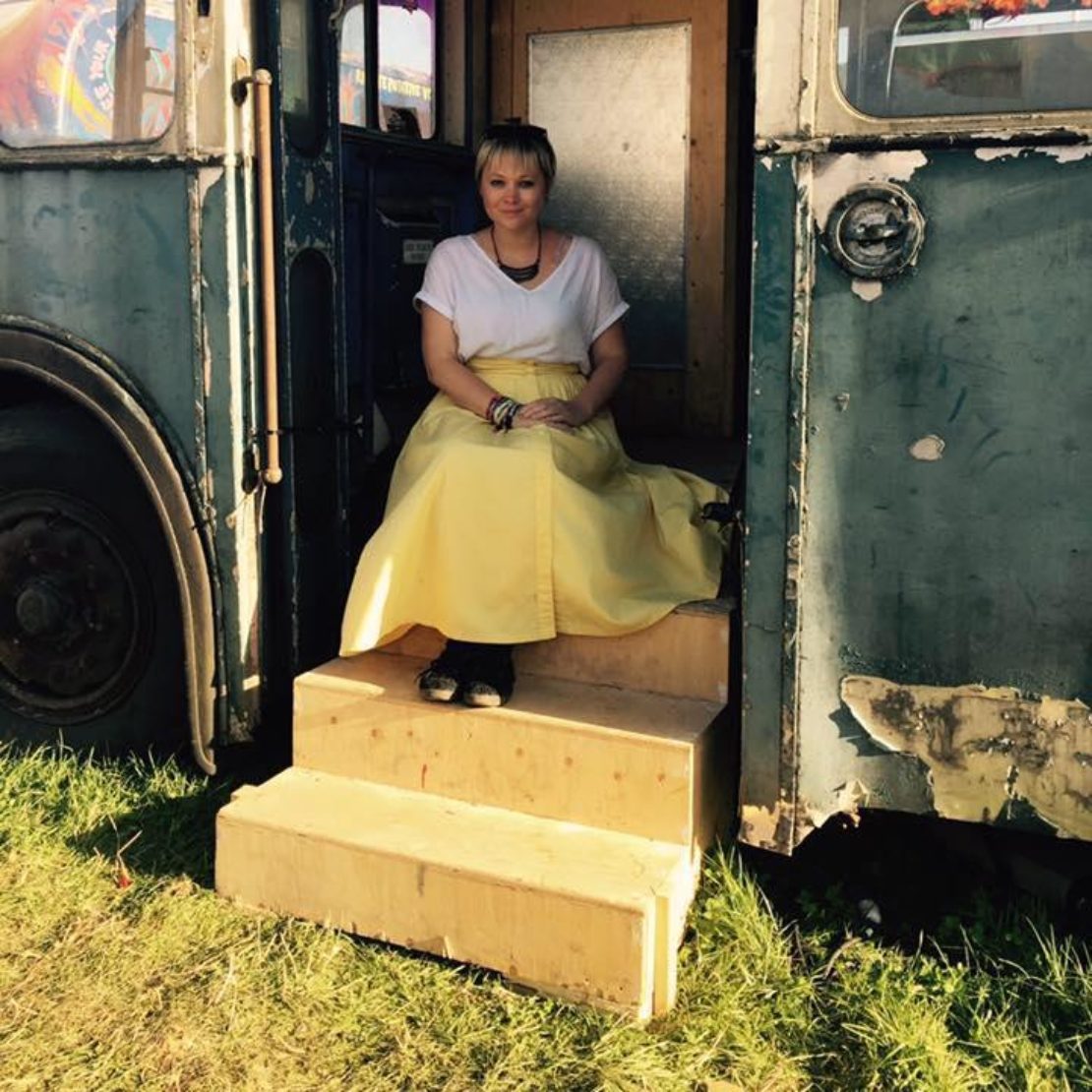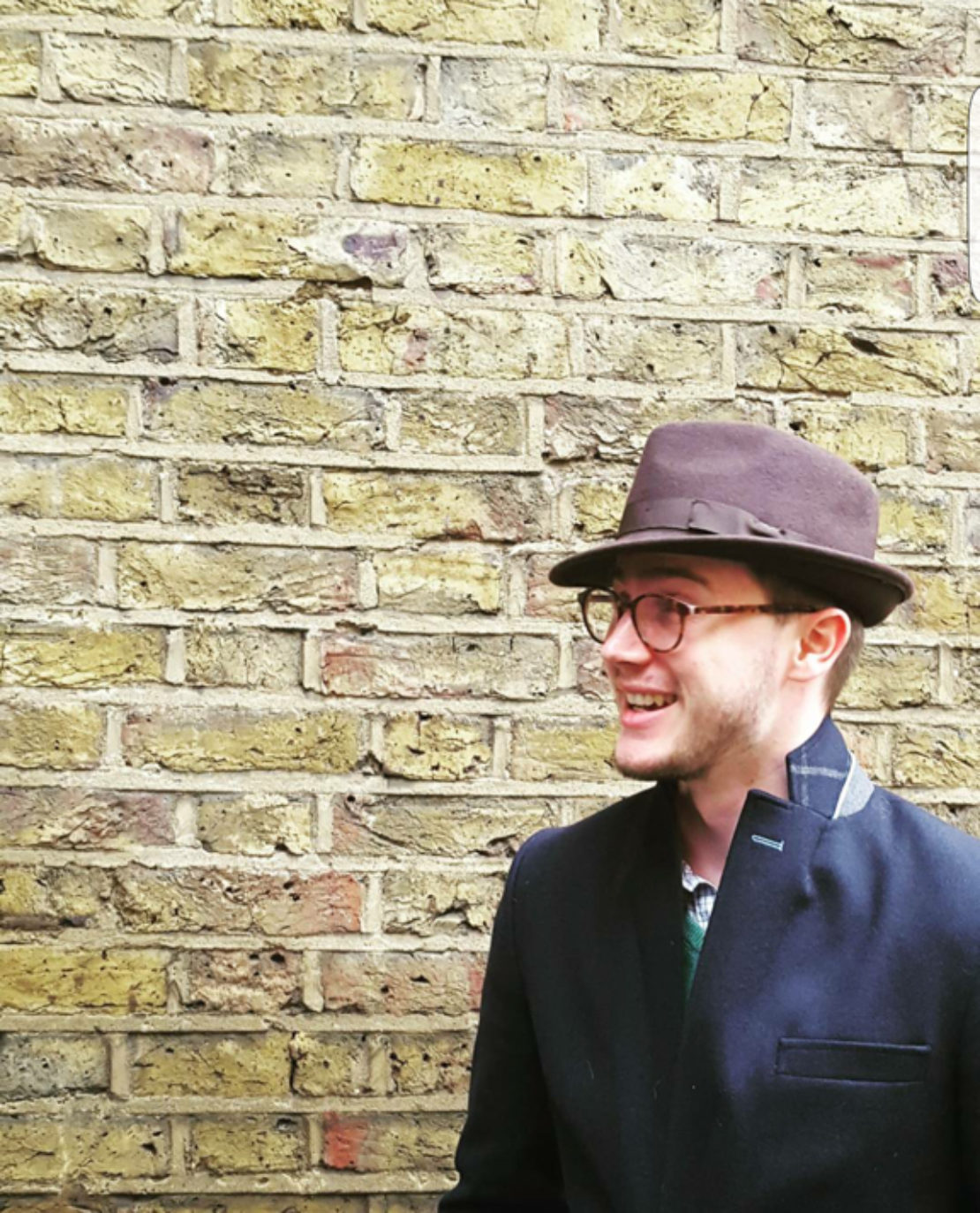
A new kind of funeral director
Louise de Winter is trying to revitalise funerals by encouraging people to look squarely at their mortality and plan their own funerals long before they might be expected to need to.
Nicknamed the Mary Poppins of Death by the American press, de Winter says she is helping people to admit to the fact that "We're all dying, just at different rates." But the London-based, 29-year-old former fashion executive is keen to make clear that she’s "not trying to put the 'fun' in funeral". Instead, she is trying to get people to work towards a "good death" by not ignoring the fact that it happens to all of us, and to put financial, emotional and whimsical strategies in place in case of their sudden or unexpected demise.
"I never understood why funerals had to be so ugly," says de Winter. "By embracing death you get to embrace life." She thinks that typical funerals and drab crematoriums are often overly expensive, unnecessarily clinical and can actually detract from the grieving process.
The funeral plans she devises are entirely bespoke and vary from what ceremony you might want to how a person's body might be handled, whether or not they will be embalmed or refrigerated in a mortuary.
I never understood why funerals had to be so ugly. By embracing death you get to embrace life
Planning your own funeral might draw accusations of narcissism, but as one of Louise's recent clients, 43-year-old doctor Jenny Judge, explains it is far more importantly about the people you are leaving behind, grieving.
Judge's son, 11, is autistic and she says she is painfully aware of the impact her death would have on him. Judge is planning her funeral with him in mind so that, if the worst happens, the immediate aftermath is as comfortable for him as it possibly can be.
"It is important to me not to have any pomp or ceremony or reverential speeches. I want to really give permission for it to be as low-key and informal as possible. If I die soon I would want it to be held in my house because my son is very comfortable here."
Judge recently planned her funeral with de Winter over the kitchen table, leaving Judge feeling "very alive". She hasn't spoken to her son about it because "he's not very good at abstract thinking and it would scare him"; but she's planning on broaching the subject with her mother.
"It's very hard talking to your parents about your death. It's hard enough talking about their deaths. I need to pick my moment carefully."

De Winter's youngest client is 22-year-old artist Nick Baddeley. "Planning my funeral has very little to do with me dying. It is more about where I want my life to be when I die," Nick explains. "I don't spend a lot of time thinking about death but I do think a lot about what I want to do in life. Giving myself an end-of-life goal is really important."

He is in rude health but has already got an elaborate idea about what will happen to his body after death: he will create a large sculpture in a remote spot in France and his ashes will be placed into it as a monument for his family and friends to visit.
I ask how his family reacted to his funeral plan. "My mum freaked out… but I did explain that in theory the funeral I want will happen after they're both dead. She felt a bit better after that."
Anna Lyons, 40, an artist and end-of-life doula has seen the 'death industry' first hand having worked in palliative care. "When people ask me what a death doula is I say I help people die with reverence. The second you hand yourself over to a funeral director, that doesn't happen. When I or my loved ones die, I wouldn't want any of us to end up in a mortuary," she says.
She uses the analogy of hair when talking about death: when it's on our heads people admire it, stroke it and touch it; but as soon as it's been cut off it is icky, disgusting and we want it swept up and out of sight as quickly as possible.
As a mother of three daughters, Lyon plans to keep her body in the home before cremation. She believes, and her experience bears this out, that there is a benefit in allowing the corpse of a loved one to be visible.
"We put people in mortuaries and we take death away from home and other social environments and shove it in a clinical stainless steel tray and a fridge – that doesn't make any sense for me."
She was very unwell at the beginning of the year and is still officially off work which is why she has chosen to make a funeral plan at such a young age. She hasn't broached the subject with her friends yet but her daughters are fully on board with the idea.
"I am very open with my children about it. They're not scared of death," Lyons says. "My eldest daughter, who is 17, has nicknamed me Madame Cadaver."